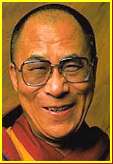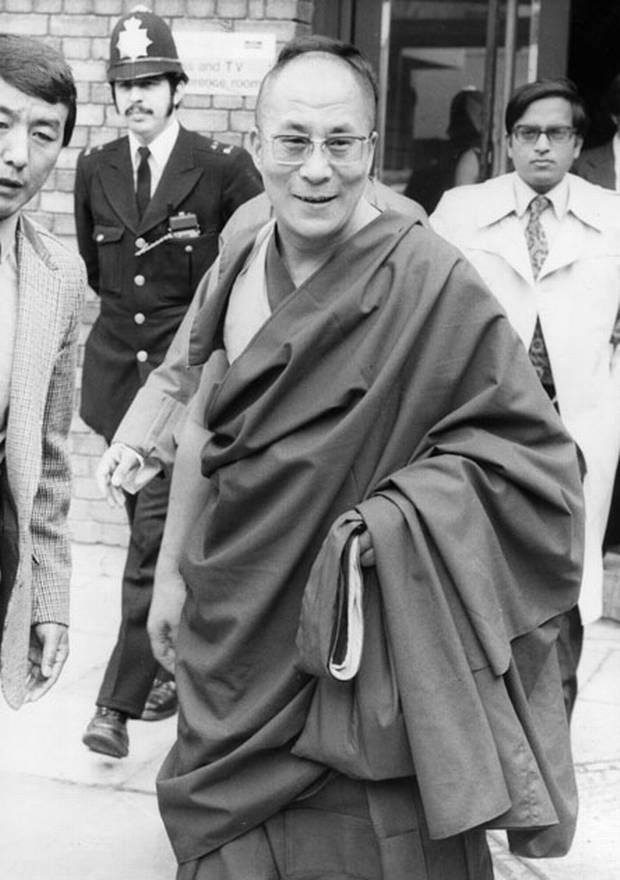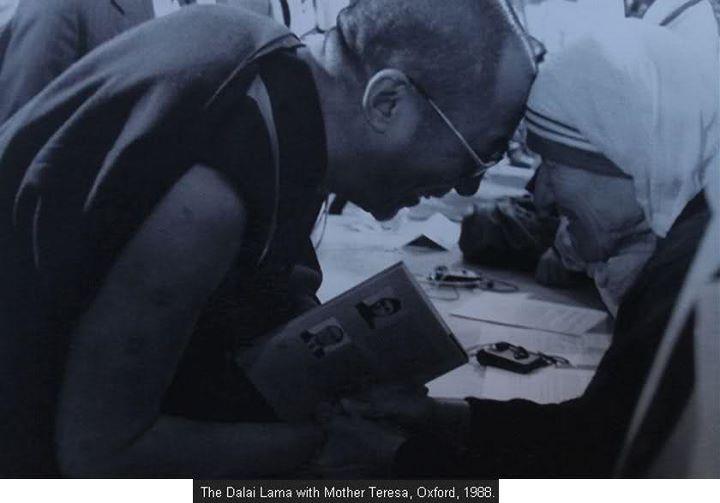
His Holiness the Dalai Lama: First, if we do not have pure motivation, whatever we do may not be satisfactory.
His Holiness the Dalai Lama gave this teaching on The Eight Verses of Thought Transformation in Dharamsala, India, on 7 October 1981.
His Holiness the Dalai Lama
The Eight Verses of Thought Transformation, a text by the Kadampa geshe Langri Tangpa, explains the Paramitayana practice of method and wisdom: the first seven verses deal with method—loving kindness, bodhicitta—and the eighth deals with wisdom.1
1. Determined to obtain the greatest possible benefit from all sentient beings, who are more precious than a wish-fulfilling jewel, I shall hold them most dear at all times.
We ourselves and all other beings want to be happy and completely free from suffering. In this we are all exactly equal. However, each of us is only one, while other beings are infinite in number.
Now, there are two attitudes to consider: that of selfishly cherishing ourselves and that of cherishing others. The self-cherishing attitude makes us very uptight; we think we are extremely important and our basic desire is for ourselves to be happy and for things to go well for us. Yet we don’t know how to bring this about. In fact, acting out of self-cherishing can never make us happy. Continue reading

